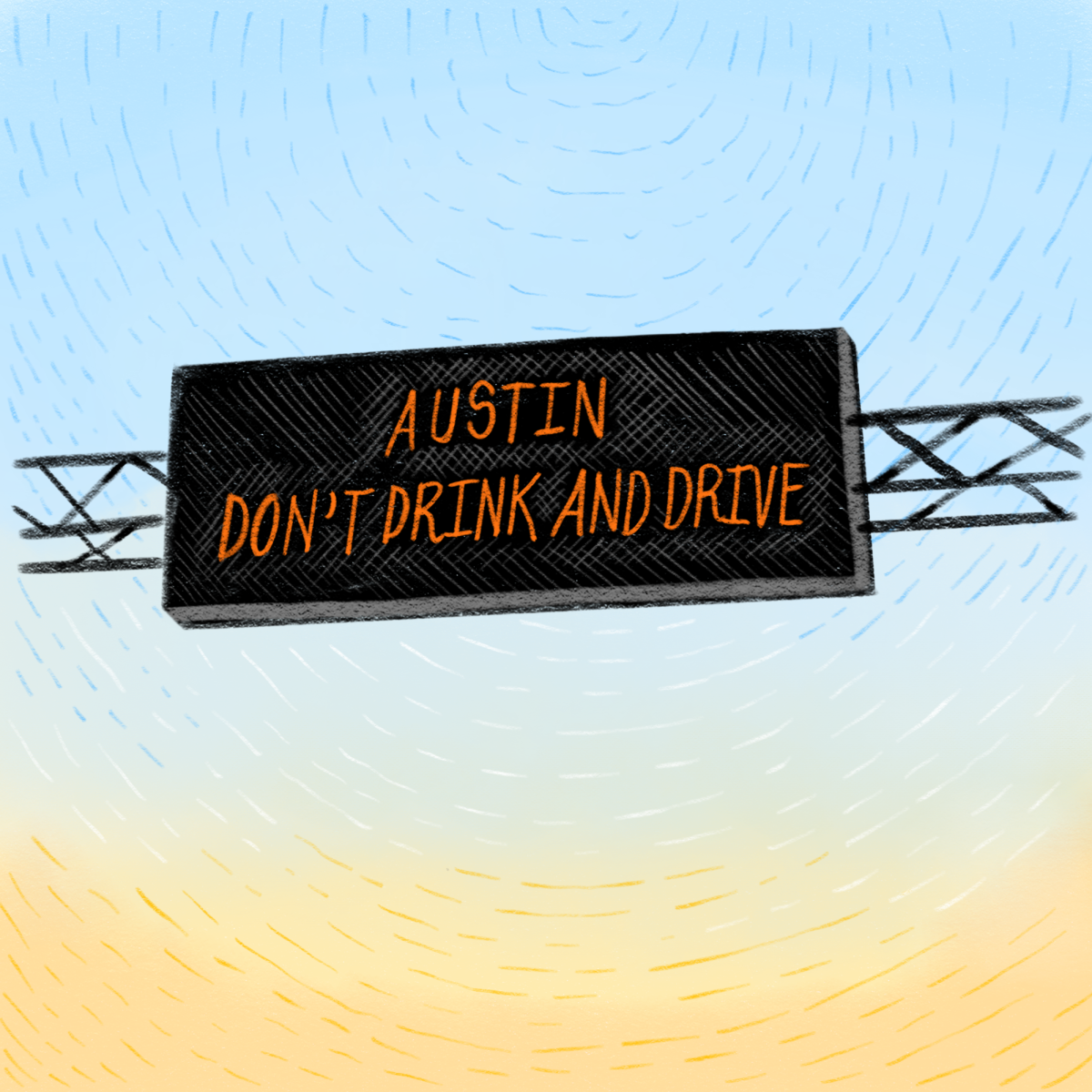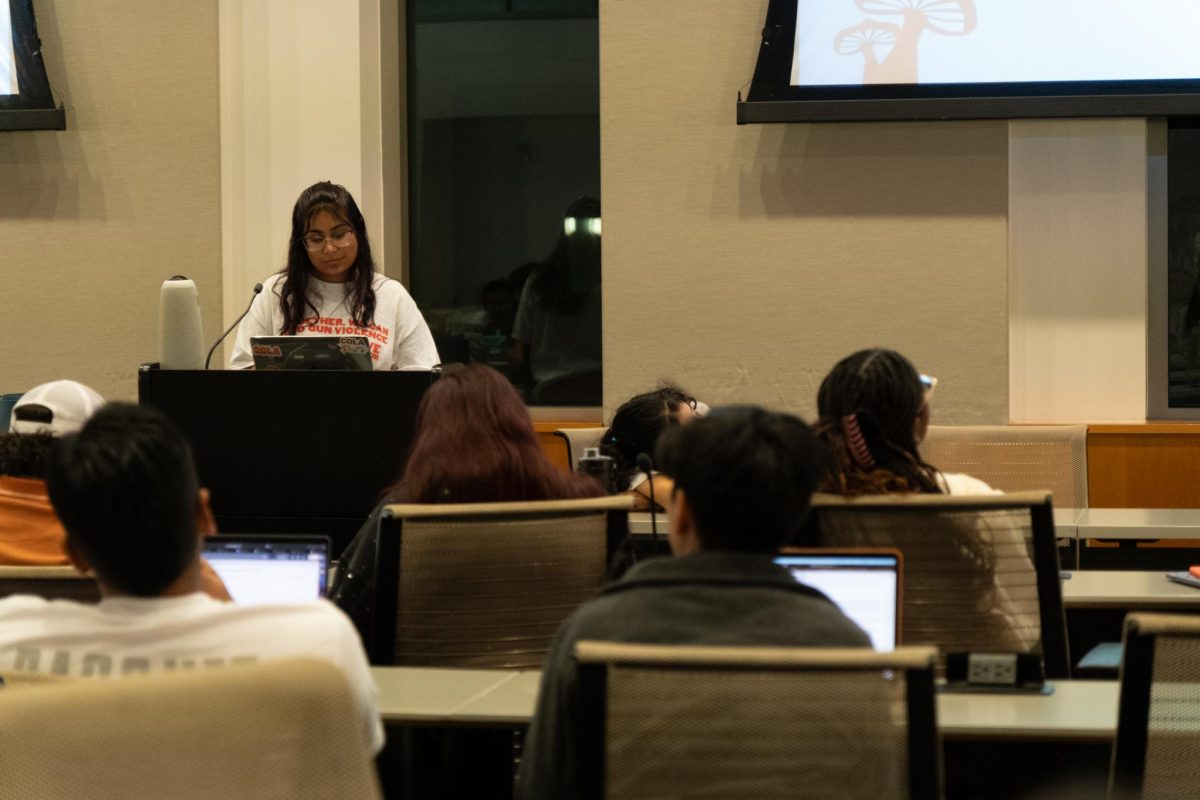The Austin Police Department kicked off its Drive Sober Summer No Refusal Initiative on June 1 to give police officers the ability to better enforce driving while intoxicated laws. The initiative will run every night of the week from 9 p.m. to 5 a.m. between June 1 and Aug. 31.
Typically, people can refuse to provide a blood alcohol content test if they are arrested for allegedly driving while intoxicated, according to Jason Day, a detective in the Austin Police Department’s Impaired Driving Investigations Unit. However, with no refusal, officers can document why they believe a person was driving while intoxicated and present the document to a judge. If the judge believes the suspect could have been driving while intoxicated, they can issue a search warrant for the officer to check for alcohol or drug levels.
Day said no refusal and the ability to provide better evidence through blood alcohol content tests in court help DWI cases get settled quicker. He said the likelihood of an intoxicated driver’s conviction increases when a blood alcohol test is used, which he hopes will prevent people from getting behind the wheel after a few drinks.
“Our biggest message is just to have people make good choices,” Day said. “Go out and have a good time and enjoy Austin. Make a plan before you do that, and figure out how you’re going to get home safely because the one-time decision can alter not only your life, but somebody else’s life so dramatically.”
Day said Austin had approximately 100 driving-while-intoxicated-related accidents every month between January and March. He said APD implemented the initiative over the summer because it’s a time when people tend to go out more often.
“Austin is a very active community with lots of concert events and sporting events at all times of the year or all times of the week,” Day said. “With the better weather and the activities, people tend to get out because there’s a higher probability that they might consume alcohol and then choose to drive afterward.”
Biochemistry junior Sharon Rong said she knows about the many dangers associated with drunk driving, and she thinks there should be more educational conversations about driving while intoxicated.
“There should be more preventative measures, maybe more talks about how to be responsible while drinking, improving the culture around drinking,” Rong said. “Because, obviously, if you want to drink, you’re going to find a way to do it.”
Annette Velasco, public health senior and chief of Longhorn EMS, said she previously worked on creating a curriculum for harm reduction workshops that address substance use and driving while intoxicated.
“The best way (to address the issue of driving while intoxicated) is always public health,” Velasco said. “Just trying to inform people as best as you can, trying to just let them know ‘Hey if you don’t feel good after one drink, you shouldn’t be driving … or here are the other resources.’”




















